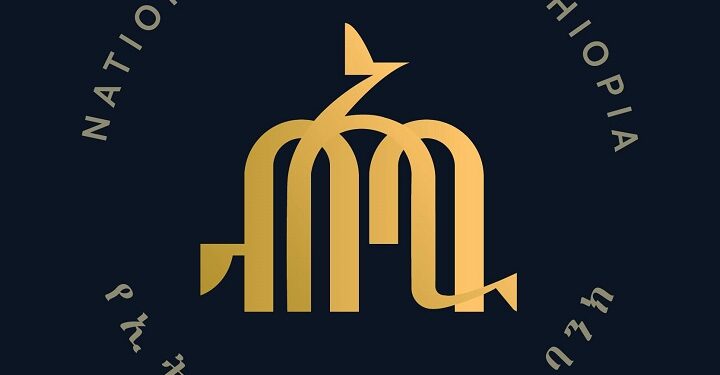In a landmark move, the National Bank of Ethiopia (NBE) has announced sweeping reforms to the country’s foreign exchange (FX) system, effective immediately. This overhaul is a key component of the government’s broader economic reform program aimed at liberalizing the economy and enhancing its global competitiveness.
Key Elements of the FX Reforms
- Market-Based Exchange Regime: Banks are now permitted to buy and sell foreign currencies with clients and among themselves at freely negotiated rates. NBE will only intervene minimally to support the market in its nascent stages and in case of disorderly conditions.
- End of Surrender Requirements: Exporters and commercial banks can now retain foreign exchange, significantly boosting FX availability to the private sector.
- Removal of Import Restrictions: The previous prohibitions on 38 product categories have been lifted, and the FX market for goods and services imports has been liberalized, while capital account outflows remain restricted.
- Improved Retention Rules: Exporters can now retain 50% of their foreign exchange proceeds, up from the previous 40%.
- Elimination of Allocation Rules: The waiting list system for different categories of imports has been scrapped.
- Introduction of Non-Bank FX Bureaus: These bureaus can now buy and sell foreign currency cash notes at market rates.
- Franco Valuta Imports: Restrictions on these imports will soon be removed through upcoming regulations.
- Simplified Foreign Currency Account Rules: Especially for accounts held by foreign institutions, FDI companies, and the Diaspora.
- Resident Foreign Currency Accounts: Residents can open foreign currency accounts based on remittance inflows, transfers from abroad, FX-based salary or rental income, and other specified cases.
- Removal of Interest Rate Ceilings: Previous ceilings on private sector and bank borrowing from abroad have been lifted.
- Opening of Securities Market: Foreign investors will be allowed entry, with terms to be specified soon.
- Special Economic Zones Privileges: Companies within these zones can retain 100% of their foreign exchange earnings.
- Relaxation of Currency Carrying Rules: The amount of foreign currency cash notes travelers can carry in or out of Ethiopia has been increased.
Government Preparations for a Smooth Transition
To ensure an orderly transition, the government has introduced several measures:
- Subsidizing Essential Imports: Temporary subsidies and gradual price adjustments will minimize the impact on essential goods like fuel, fertilizers, medicine, and edible oil.
- Financial Support for Eroded Incomes: Enhanced financial support for civil servants and expanded funding for the Productive Safety Net Program (PSNP) to support nearly ten million families.
- Debt Service Relief: Securing debt relief to maintain budget allocations for social and capital spending and prevent higher local currency costs from crowding out other expenditures.
International Support
Ethiopia’s reform efforts are bolstered by a historic $10.7 billion financial package from external partners, the largest coordinated support ever received. This includes significant financing from the IMF, World Bank, and creditors, along with $2.8 billion in bilateral support through central bank deposits and swap lines. Additional funding from the World Bank, IFC, and other multilateral institutions will be announced shortly.
The bank said it is dedicated to ensuring a successful transition to the new FX regime while maintaining price stability. Regular press briefings will provide updates on the indicative daily exchange rate, FX auctions, market developments, and the new Foreign Exchange Directive.





















